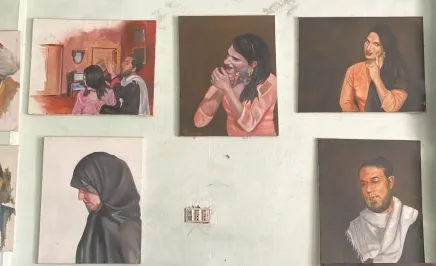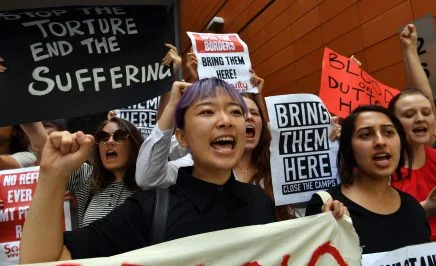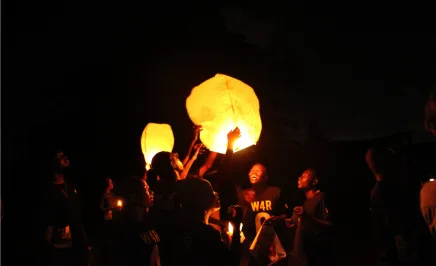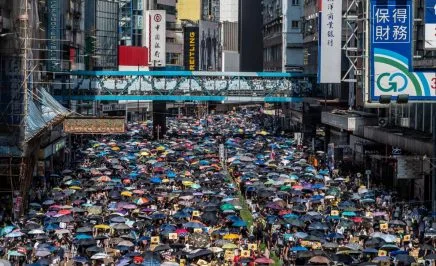The first half of the year began with a number of human rights wins, and people from across the world have continued to prove that change is possible. From amending laws, supporting people in need, to ensuring justice is served, we hope you’ll feel heartened by the number of positive changes achieved over the past six months.
Here in Australia, we celebrated the South Australian government passing a new law combatting LGBTQA+ conversion practices, after Amnesty’s campaigns calling for an end to these harmful practices.
After thirty thousand Amnesty supporters emailed Foreign Minister Wong, the Australian Government called for a ceasefire in Gaza, for humanitarian aid access, and the release of civilian hostages at the United Nations. This is a true testament to people power. Through our campaign, we helped restore UNRWA funding, the UN Agency responsible for aid, shelter and education for Palestinian Refugees since 1950.
We campaigned for permanent humanitarian visas to Palestinians who have looked to Australia for safety, and recently more than 800 Palestinians who came to Australia on tourist visas have now been granted work, Medicare and study rights.
In Australia and around the world, supporters have taken action time and time again and proved that people power changes lives. We can’t wait to see what next year holds for human rights around the world.
Check out January – June wins here.
July
France: Amnesty International’s briefing published ahead of the Paris Olympic Games exposed how the ban on French women athletes who wear headscarves from competing breaches international human rights law. The report was mentioned by the UN in October when they slammed the bans as “disproportionate and discriminatory” and called on them to be reversed.
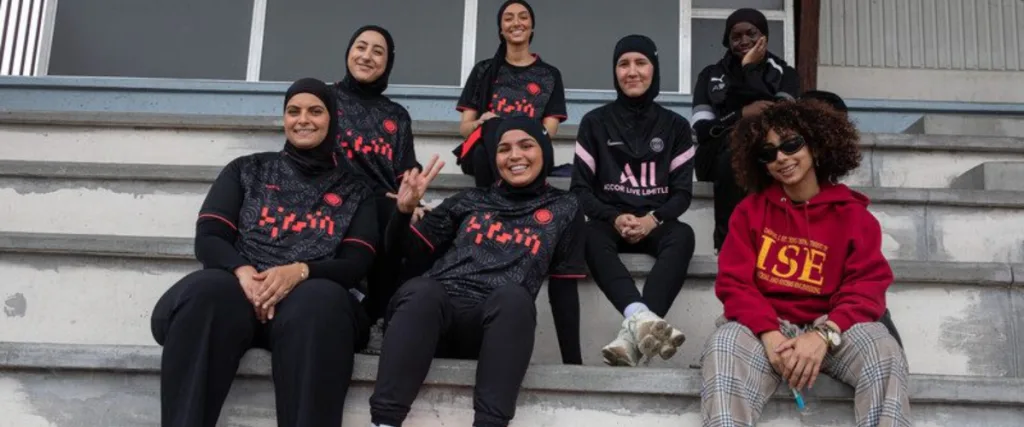
Gambia: The Gambian Parliament rejected a bill to repeal the 2015 Women’s (Amendment) Act which bans female genital mutilation (FGM). In support of Gambian civil society organizations, Amnesty International advocated for the rejection of this bill through public communication, media interviews and advocacy letters to Gambian authorities.
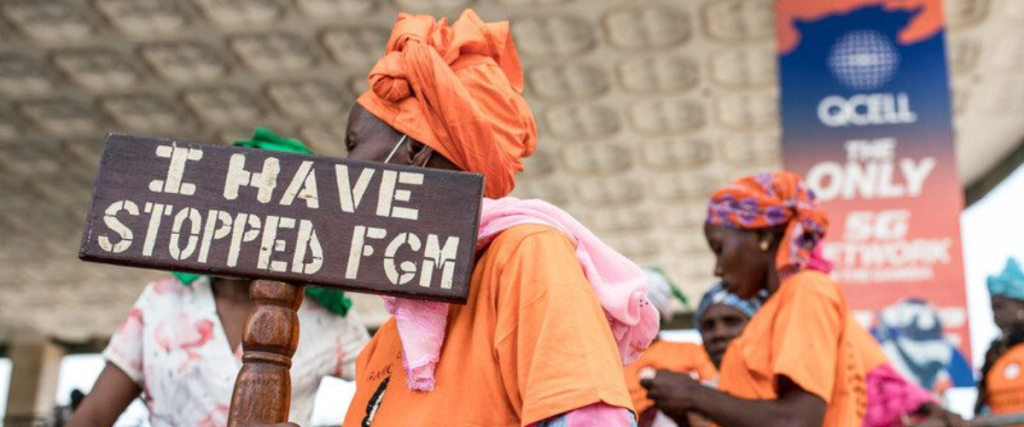
South Korea: A landmark decision by the South Korean Supreme Court was delivered, affirming same-sex couples are entitled to the same health insurance benefits as heterosexual couples. It was a case where Amnesty International Korea was delighted to see an immediate impact of its legal submissions, which provided additional information.
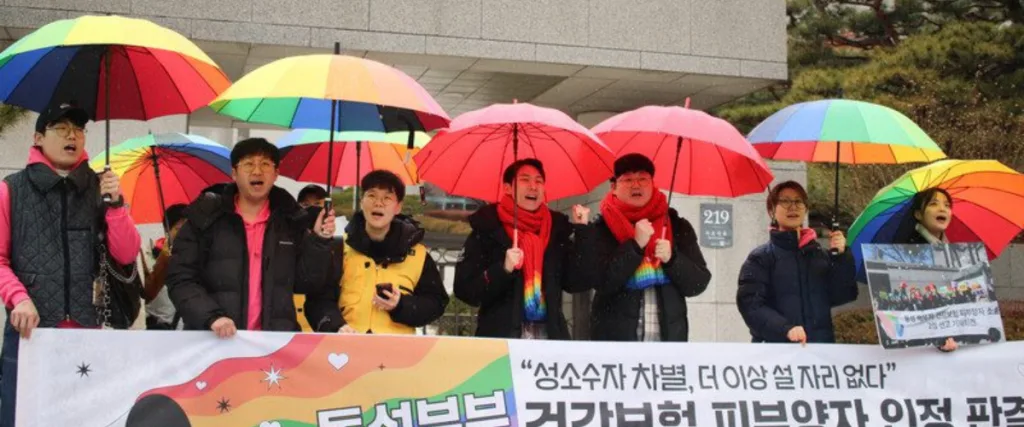
Syria: The autonomous authorities of north-east Syria announced a broad amnesty for men, women and children sentenced in grossly unfair trials for so-called “terrorism” crimes, directly in line with one of the top recommendations of Amnesty International’s April report, Aftermath: Injustice, Torture and Death in Detention in North-East Syria. This amnesty will mean that around 4,200 Syrians who committed non-violent crimes will be either released or have their sentences reduced by half.
August
Benin: Amnesty International highlighted that prisoners in Benin were subjected to filthy, overcrowded cells and denied clean water and medical treatment in 2023, with at least 46 prisoners who died in four prisons between January and July 2023. The story was widely covered by national and international media. On 19 August, a dozen opposition members of parliament addressed questions to the government on deaths in prison, access to health care, and detentions beyond the legal five-year period. In September, the Director General of the Prison Agency confirmed the prison overcrowding and the bad detention conditions. The same month, prison managers and infirmary staff were trained on the treatment of detainees in conformity with the UN Bangkok Rules.
Finland: Amnesty International Finland, environmental NGOs and Finnish Sámi Youth are in the process of taking the Government of Finland to court for its lack of adequate climate action. The organizations argue that the government’s inaction violates Finland’s national Climate Act, internationally acknowledged for its ambitious targets to reach carbon neutrality by 2035 and fails to meet the state’s legal obligations to protect human rights including the rights of the indigenous Sámi people. The case builds on the groundbreaking ruling by the European Court of Human Rights in the case of KlimaSeniorinnen v Switzerland.
Mozambique: In 2020, six protesters suffered gruesome injuries after being shot by police near Mozambique’s Banhine National Park. One year later, Amnesty International’s Crisis Response Programme published new research calling for a thorough investigation into the incident. That led to the government initiating legal action that culminated in the sentencing of six officers in August 2024.
Poland: After years of campaigning by brave women, survivors and their allies, Poland adopted a consent-based definition of rape, rather than a definition that requires the use of force or violence. It becomes the 19th European country out of the 31 analysed by Amnesty International to define rape as sex without consent.
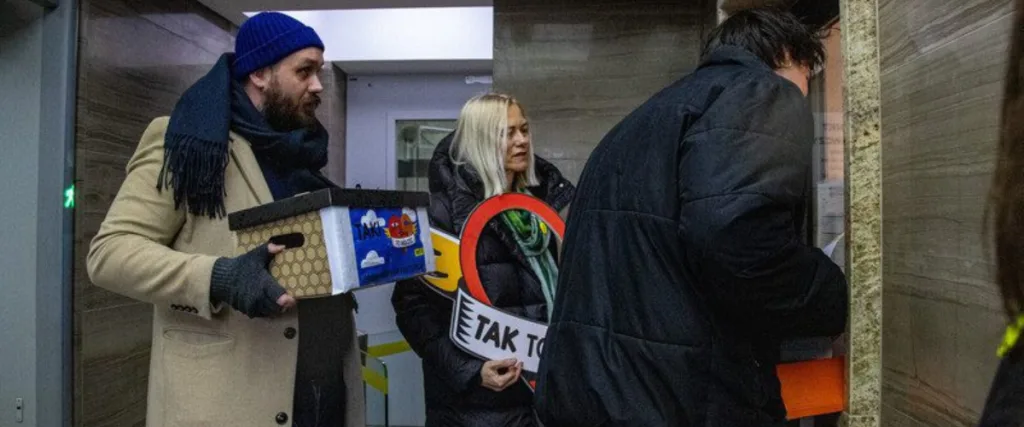
Taiwan: With the support of Amnesty International Taiwan, family members of 24 Vietnamese asylum seekers who were unlawfully killed by the Taiwanese military in Kinmen in 1987 were invited by the government to visit Taiwan for the first time to seek truth and reconciliation.
Speaking of the importance of having a comprehensive refugee protection scheme, Tran, a relative of one of the victims, said: “I ask the government and the people of Taiwan tolet them consider Taiwan as their second and final home, and please don’t reject them anymore.”
Thailand: Thailand withdrew its reservation to Article 22 of the Convention on the Rights of the Child (CRC) in August 2024, guaranteeing refugee children equal access to protection and humanitarian assistance.
September
Bulgaria: Amnesty International’s newest section celebrated two campaigning successes in September. A draft bill to create a “foreign agents” registry, aimed at attacking and suppressing civil society, was voted down by parliament’s Committee on Culture and Media, while parliament voted to reject amendments to a law which would have criminalized the provision of gender-affirming healthcare for minors.
Japan: A long-awaited ruling was delivered by Shizuoka District Court, acquitting Hakamada Iwao, described as the world’s longest-serving death row prisoner. After enduring almost half a century of wrongful imprisonment under sentence of death and a further 10 years waiting for his retrial, this verdict is an important recognition of the profound injustice he endured for most of his life. It ends an inspiring fight to clear his name by his sister Hideko and all those who supported him, including Amnesty International who fought for his retrial for over 15 years.
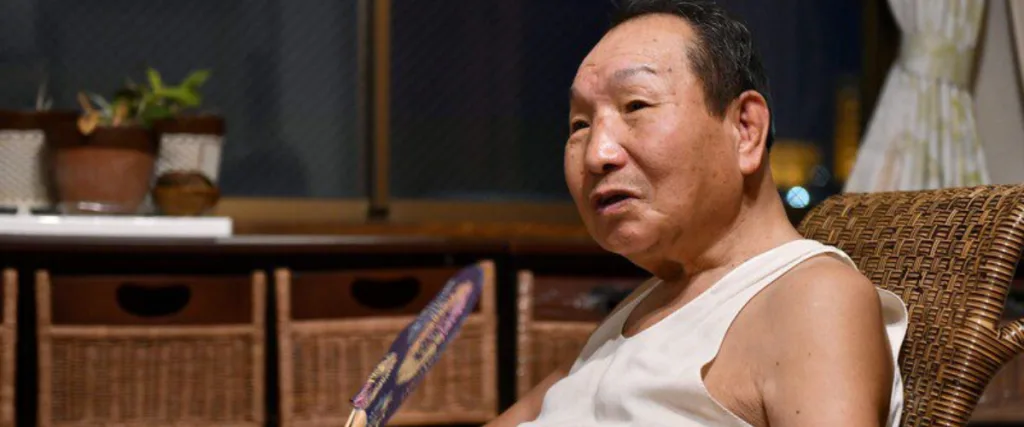
Togo: Amnesty International published a press release highlighting the shortage of staff and adequate medical supplies and equipment in certain health facilities that attend to pregnant women and newborns. Following the publication, the authorities confirmed that minors and women would be included in a new national support programme. Amnesty International’s Togo Director met with the Minister of Health, who confirmed that recruitment of new staff and providing adequate equipment were priorities. In September 2024, the Togolese government confirmed the recruitment of 193 midwives and 177 birth attendants. In August 2024, 7,700 news beds and more than 100 delivery tables, as well as ambulances and radio equipment, were provided to maternal health facilities.
October
Argentina: Pierina Nochetti, an LGBTI+ rights defender from Necochea, Argentina, faced criminal charges for graffitiing the message “¿Dónde está Tehuel?” during a Pride march in 2022. The phrase sought justice for Tehuel de la Torre, a young trans man who disappeared in 2021. Despite the wall being a common site for public expression, Pierina was targeted, facing potential imprisonment for “aggravated damage”. Amnesty International Argentina advocated on her behalf, emphasizing the rights to freedom of expression and peaceful assembly. The charges have now been dropped, and the case is closed.
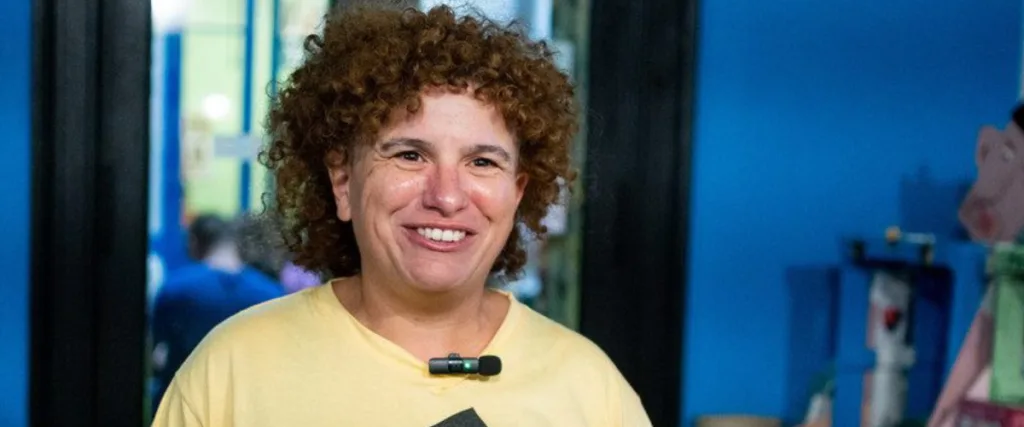
Global: By the end of October, Amnesty International’s Global Relief Programme had supported close to 4,700 individuals from 79 countries, with relocation expenses for individuals at risk, legal aid and medical and psychological support. We also supported people at risk with security measures, as well providing advocacy and capacity building activities for those on the frontline.
Saudi Arabia: In response to Amnesty International’s findings of labour exploitation in Carrefour branded stores in Saudi Arabia, the French supermarket giant and its franchise partner Majid Al Futtaim launched an internal investigation into the treatment of migrant workers in their facilities, while Carrefour Group instructed a third-party audit. Majid Al Futtaim said it has already moved some workers to new housing and is reviewing its policies on overtime and, recruitment fees, as well as improving access to its employee hotline. Amnesty International continues to engage with Carrefour to press for access to justice and effective remedies, including adequate compensation for the impacted workers – some of whom are likely to be victims of forced labour and human trafficking.
November
Cote d’Ivoire: Large-scale operations to demolish neighbourhoods and evict their inhabitants were launched in January 2024 in Abidjan, on sites considered to be at risk of flooding, as part of a plan to demolish 176 sites. Amnesty International highlighted widespread human rights violations affecting tens of thousands of people. The evictions occurred without adequate and reasonable prior notice, some involving violence, and thousands of forcibly evicted families remained to be rehoused and/or compensated for all losses as of November. Following the publication, no other site on the list of 176 has been demolished, and the Ivorian authorities announced the suspension of all eviction operations on 21 November as well as the implementation of compensation measures announced in March 2024.
Denmark: Thanks to campaigning work from Amnesty International, Denmark will be able to prosecute war criminals for the full extent of their crimes. This is a positive outcome of a new law aimed at ending impunity to ensure no war criminal goes unpunished. The new law will allow Danish courts to prosecute international crimes such as torture, war crimes, and crimes against humanity.
Germany: The Self-Determination Act came into force in Germany enabling trans, non-binary and intersex people to obtain legal gender recognition by making a simple declaration at the registry office, following calls from Amnesty International Germany. The new law replaced the Transsexuals’ Act of 1980, which obliged trans people to undergo discriminatory psychological assessments and a court procedure to obtain legal gender recognition.
India: Following calls from Amnesty International, the Supreme Court of India delivered two landmark judgements aimed at putting an end to the climate of impunity around the cruel and inhuman practice of punishing people by unlawfully demolishing their homes and properties. This is a big win in ending the unjust demolitions, mostly targeting the minority Muslim community, by the Indian authorities.
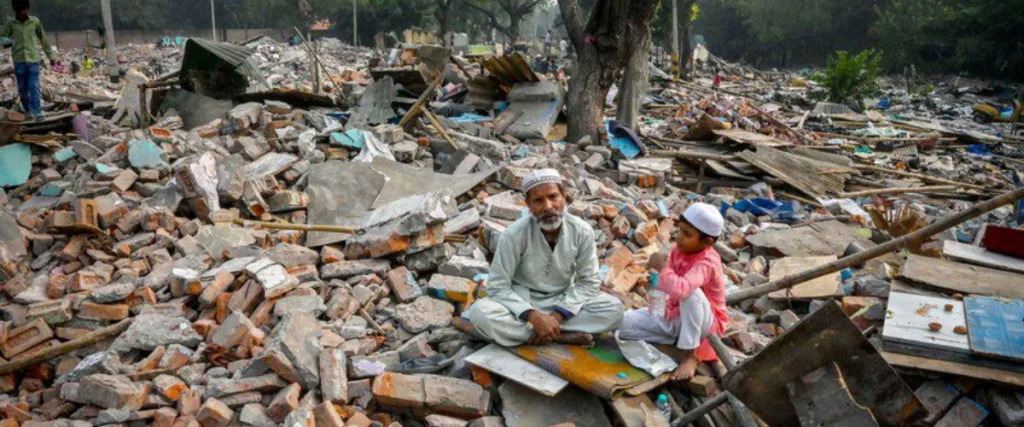
Sierra Leone: In a landmark judgement of 7 November, the Economic Community of West African States (ECOWAS) Community Court of Justice ruled in favour of the civil society group AdvocAid in a case filed against the Republic of Sierra Leone to challenge loitering laws. The court ruled that Sierra Leone’s loitering laws violate rights to equality, non-discrimination, and freedom of movement, disproportionately impacting marginalized individuals. Amnesty International submitted a third-party intervention to the ECOWAS Court noting that loitering and other vagrancy laws discriminate against people living in poverty, LGBTI people and sex-workers and violate their right to dignity, as well as the principle of legality. The court’s judgement ordered Sierra Leone to amend or repeal these laws, emphasizing the need for legislation that protects all citizens from arbitrary arrests and abuse. This ruling sets a crucial legal precedent across Africa and beyond given that, 31 countries still retain discriminatory loitering laws.
Türkiye: Thanks to the work of Amnesty International Türkiye, along with dozens of civil society organizations, the draft espionage law – dubbed the ‘agents of influence’ law – was withdrawn. Although the government is discussing putting the amendment back on the agenda, the withdrawal is an important victory for human rights. By voicing their very real concerns in a powerful and united way, Turkish civil society helped to block this dangerous move which would have had a devastating impact on their work and on society at large.
South Korea: Following the launch of Recharge for Rights: Ranking the Human Rights Due Diligence Reporting of Leading Electric Vehicle Makers, Amnesty International’s business and human rights team travelled to South Korea, Taiwan and Japan to meet with global automakers and battery manufacturers as well as legislators and civil society. After a meeting with South Korean legislator, Jongdeok Jeon, she posted a lengthy reflection to Facebook, which included: “The government must step up and ensure that companies sensibly and actively address human rights violations…Thank you Amnesty International for your activities and your concern.” In 2025, South Korean legislators will introduce a bill about mandatory human rights and environmental due diligence.
USA: This year brought significant victories for abortion rights in the U.S., with seven states expanding or safeguarding reproductive rights. In Arizona, with help from Amnesty International, Proposition 139 passed with 62% of the vote, enshrining the right to abortion in the state constitution. The measure overrides restrictions and prohibits penalties for those assisting with abortion care. This historic achievement – “the most voter signatures ever collected by a citizens initiative in state history,” – underscores the power of grassroots organizing, collective action, and Amnesty International’s unified support –both nationally and internationally – for the Arizona Campaign. It marks a critical step forward in the ongoing fight for reproductive rights, setting the stage to challenge abortion bans nationwide.
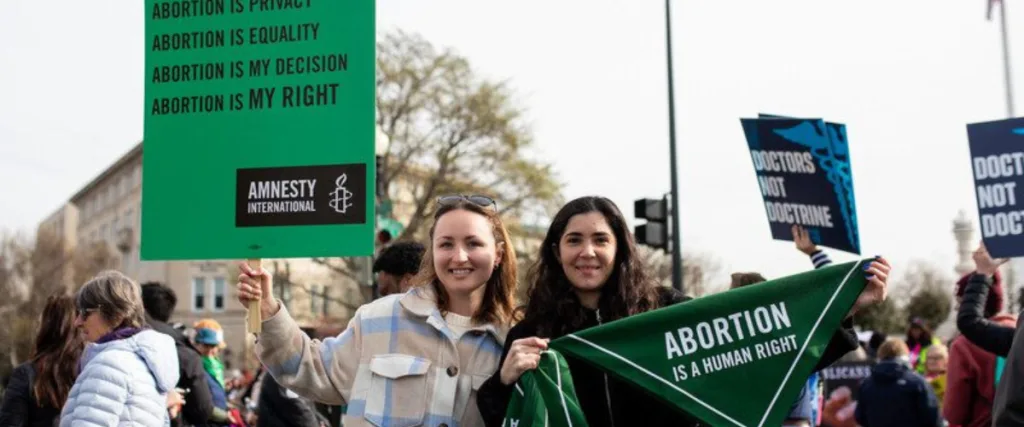
December
Belgium: In a historic move, Belgium was held responsible for crimes against humanity for acts committed during colonization, signalling a turning point for European States. After calls from Amnesty International and African Futures Lab, the Brussels Court of Appeal recognized the responsibility of the Belgian State in the abduction and systematic racial segregation of Métis children under Belgian colonial rule. This comes after five Métis women born between 1948 and 1952 in the Belgian Congo, initiated legal proceedings against the Belgian state. After losing their case at first instance in 2021, they took their case to the Brussels Court of Appeal to obtain justice and reparation.
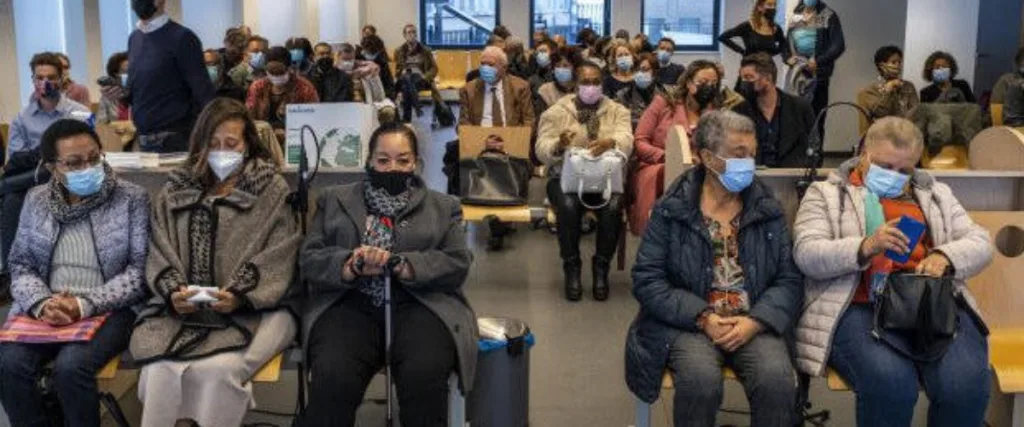
Global: In New York, the UNGA adopted without a vote a breakthrough resolution mandating formal negotiations on a Convention on the Prevention and Punishment of Crimes against Humanity, a long-term Amnesty International advocacy goal. The process is scheduled for 2026 to 2029. Once concluded and adopted, this treaty would strengthen the framework of international justice by providing new tools and better enabling states to cooperate with each other in combatting crimes against humanity. It would help ensure there are fewer ‘safe havens’ for those suspected of criminal responsibility and be an important advance against impunity.

